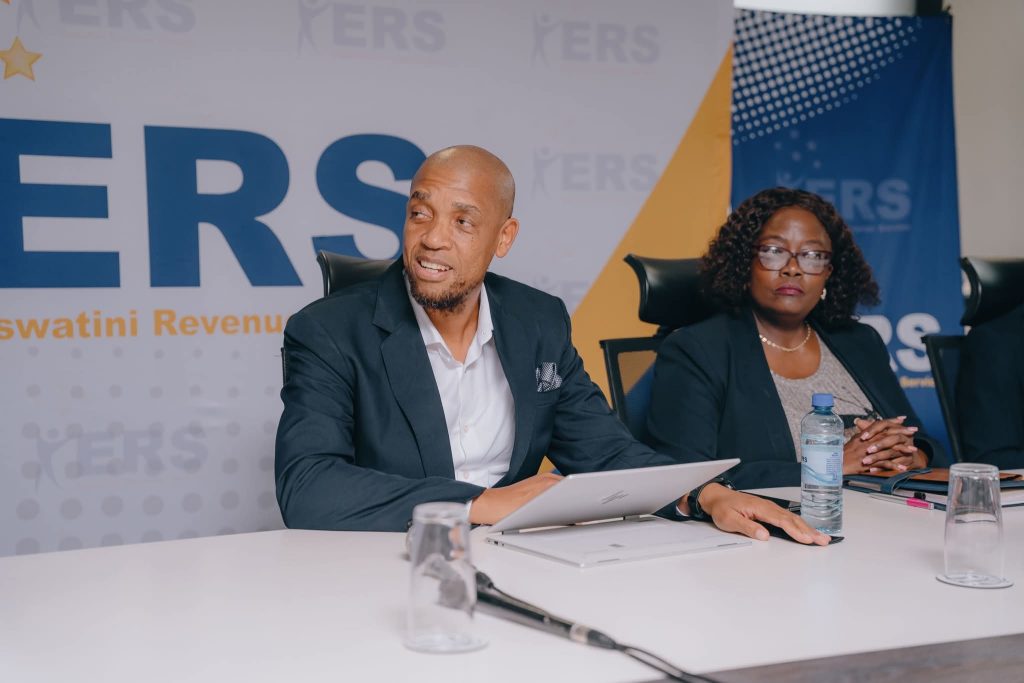
The Minister of Finance, Neal Rijkenberg has addressed a topic that has caused widespread public debate, stating that the government has no plans to tax churches but will intensify efforts to fight tax evasion and financial abuse under the cover of religious organizations.
During a media session at the launch of the 2025 Income Filing Season and Compliance Improvement Plan, the Minister said reports suggesting that the government was considering taxing churches are “completely misplaced.”
He emphasized that the focus is not on taxing faith-based groups but on ensuring compliance and financial transparency when religious entities are used for personal or commercial gain. “To be very clear, taxing churches would be a very sensitive issue, and it’s not on our agenda,” Rijkenberg said.
“However, we know some individuals misuse church structures to evade taxes. If we find a church used to build personal wealth under the guise of a non-profit, we will take action.” He added that churches are vital to the moral and social fabric of Eswatini and should lead by example on financial honesty.


“A church should be transparent. If you follow what the Bible says, you should ‘pay to Caesar what is Caesar’s’. That means paying taxes on salaries, keeping clear books, and being open about your operations,” he said.
Echoing the minister’s views, ERS Director of Legal Operations Henry Sukati explained that while churches can qualify for tax exemption, it is not automatic and must be applied for and verified annually. “The fact that you are a church does not automatically exempt you from tax,” Sukati said. “The Commissioner General must be convinced that what the church collects is not for private benefit. If a pastor benefits personally from the funds, that income becomes taxable.” Sukati also clarified that pastors and church employees owe income tax on their salaries, but funds used for genuine evangelism, community work, or charity are tax-exempt.
“If the funds are used for evangelism—like feeding the poor, building the church, or outreach—it’s exempt. But if used for personal gain, it’s taxable. Churches must also submit annual financial statements and can be audited like any other organization,” he said. Sukati stressed that churches can be audited like any other entity, and the ERS has the authority to inspect financial records to ensure compliance.
“We still reserve the right to audit you. The fact that you are a church doesn’t mean you are exempt from inspection. The Commissioner has broad powers to verify how funds are used. If it’s found that funds were diverted for private benefit, that part becomes taxable,” he said. He also noted that the ERS is aware that some non-profit organizations and churches have been used for financial irregularities and will increase routine audits to ensure sector integrity.


